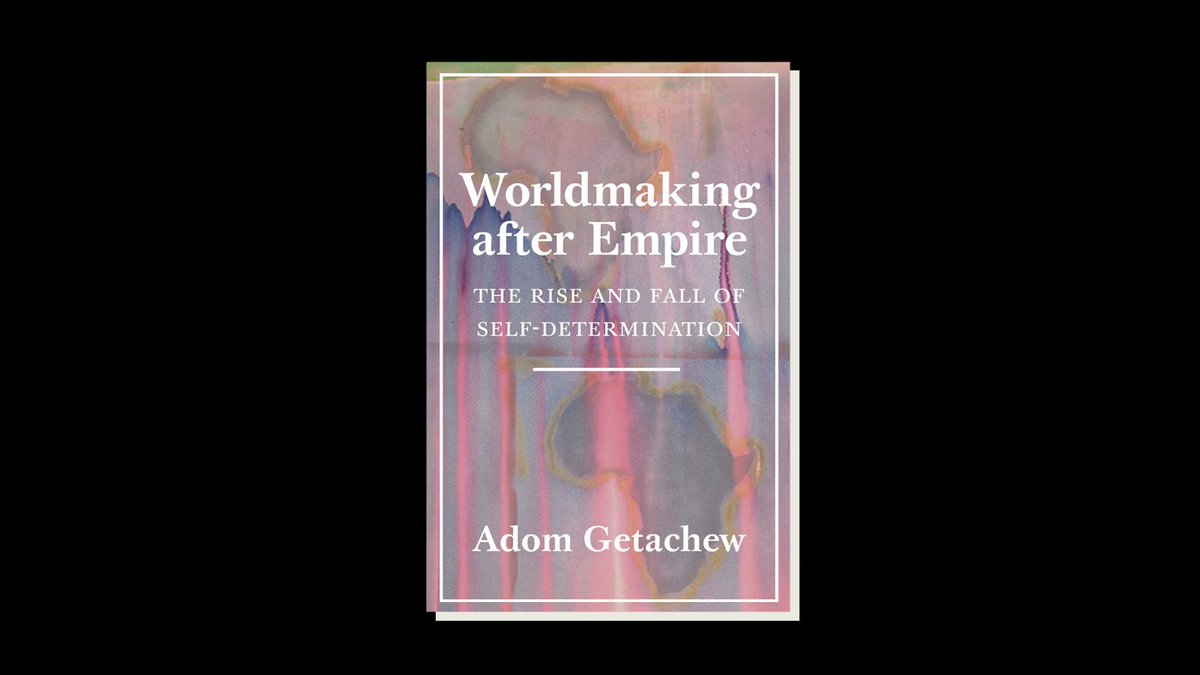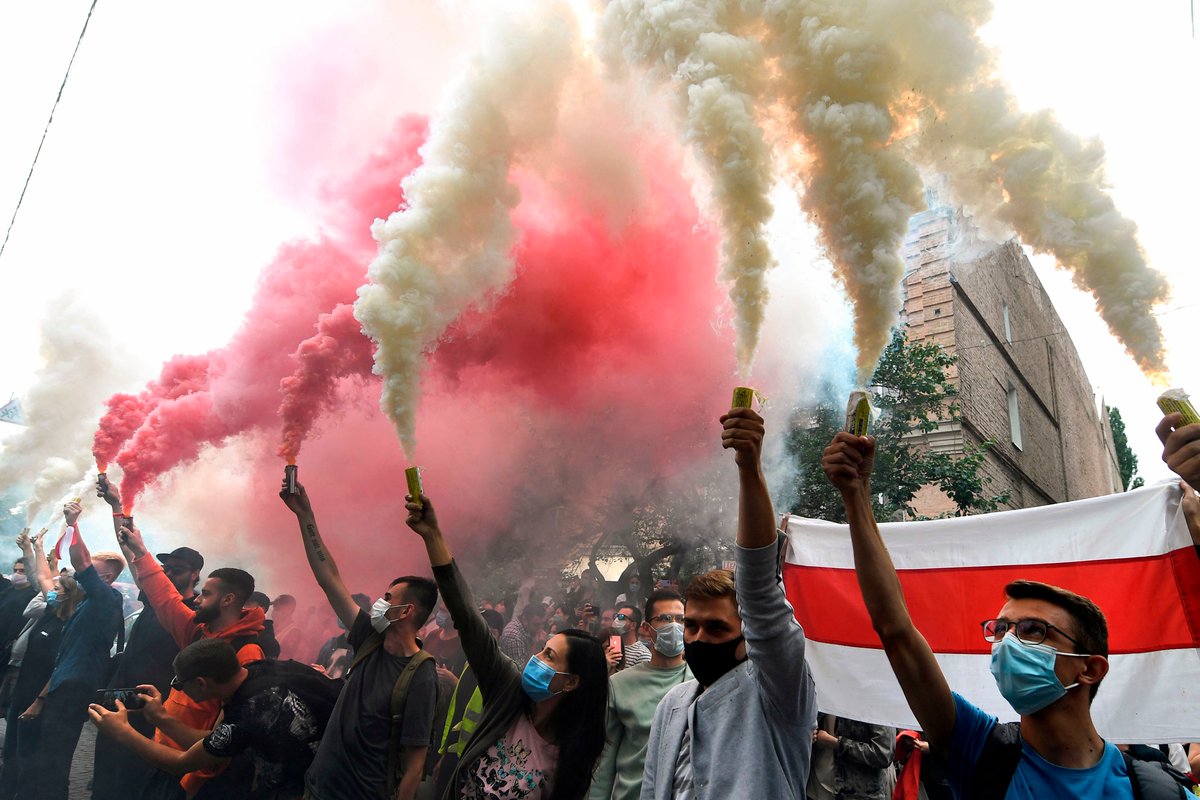
The intersection between Black history and foreign policy is a rich subject that often gets overlooked. In light of February as Black History Month, we’ve rounded up a list of books that offer a few entry points: [Thread.]
foreignpolicy.com/2022/02/01/bla…
#BHM
foreignpolicy.com/2022/02/01/bla…
#BHM
2/ In “The New Age of Empire,” @kehinde_andrews examines how institutions such as the World Bank, IMF, and U.N. perpetuate the logic of colonialism in the guise of development—with the United States at the center.
foreignpolicy.com/2022/02/01/bla…
#TheNewAgeOfEmpire
foreignpolicy.com/2022/02/01/bla…
#TheNewAgeOfEmpire

3/ Political scientist Adom Getachew’s book “Worldmaking after Empire” takes a compelling look at the evolution of Black internationalist thought throughout the postcolonial period.
foreignpolicy.com/2022/02/01/bla…
foreignpolicy.com/2022/02/01/bla…

4/ Historian Brenda Gayle Plummer’s “In Search of Power” explores how domestic race relations and the civil rights movement shaped U.S. foreign policy in one of the most tumultuous eras in modern world history.
foreignpolicy.com/2022/02/01/bla…
foreignpolicy.com/2022/02/01/bla…

5/ In “Born in Blackness,” @hofrench presents the story of how European contact with—and exploitation of—Africa and Africans, starting in the 15th century, provided the foundations of the modern world.
foreignpolicy.com/2022/02/01/bla…
foreignpolicy.com/2022/02/01/bla…

6/ “White World Order, Black Power Politics,” by Robert Vitalis, explores the racist and imperialist foundations of international relations as an academic discipline in the United States—a critical read for anyone who has ever taken an IR class.
foreignpolicy.com/2022/02/01/bla…
foreignpolicy.com/2022/02/01/bla…

7/ Thomas Borstelmann’s “The Cold War and the Color Line” examines the role of U.S. race relations in its geopolitical struggle with the Soviet Union during the Cold War.
foreignpolicy.com/2022/02/01/bla…
foreignpolicy.com/2022/02/01/bla…

8/ In “The Other Side of Terror,” @EricaREdwards2 shows how Black women in America, from Angela Davis to Condoleezza Rice, have pushed back against—and in some cases have been co-opted by—the project of U.S. empire.
foreignpolicy.com/2022/02/01/bla…
foreignpolicy.com/2022/02/01/bla…

• • •
Missing some Tweet in this thread? You can try to
force a refresh









